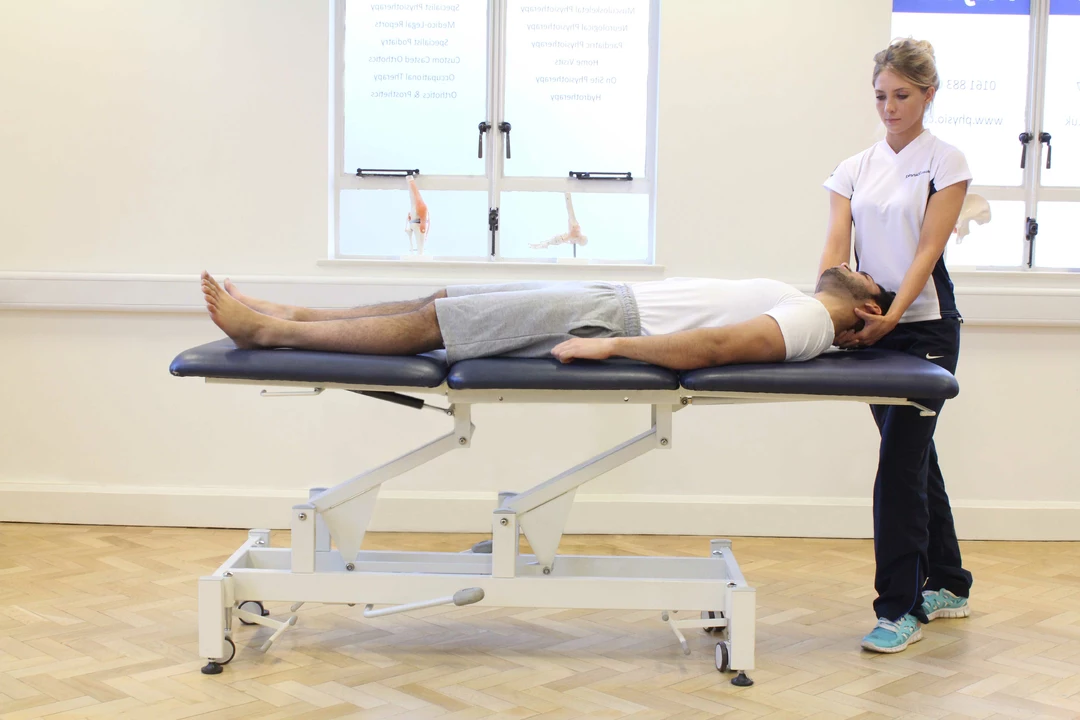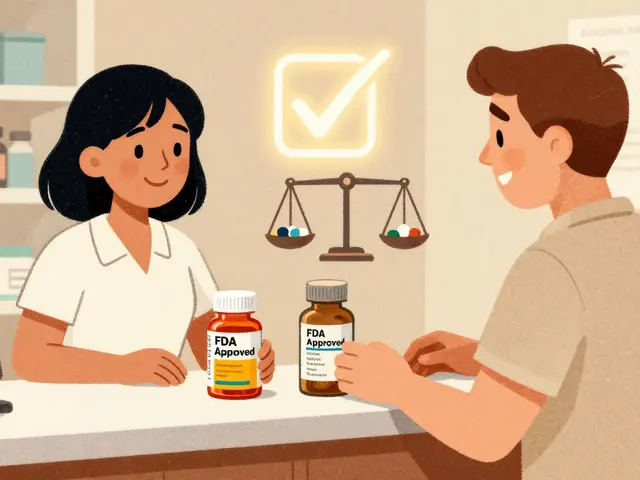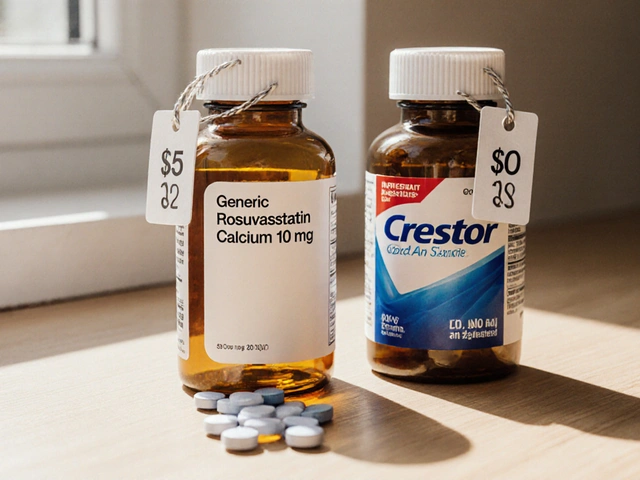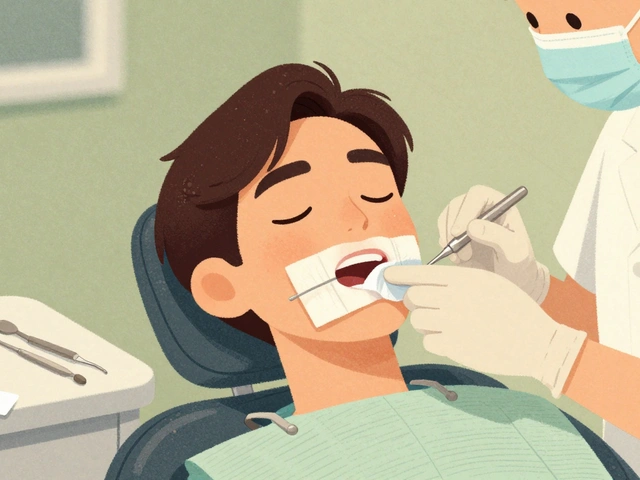Stability Improvement for Medications: How to Keep Your Drugs Safe and Effective
Drug stability matters because degraded medication can be less effective or even harmful. You don’t need lab skills to protect your meds — a few simple habits save potency and money. Below are practical, no-nonsense steps anyone can use at home or when ordering online.
Simple storage fixes you can do today
Check the label first. If a medicine says “store in a cool, dry place” that usually means room temperature away from bathrooms and windows. Heat, humidity and sunlight speed up chemical changes. Keep pills in their original blister pack or bottle until you need them — repackaging into pill boxes can expose them to air and moisture.
For temperature-sensitive drugs (many insulin products, some biologics), follow cold-chain instructions exactly. Use the fridge compartment, not the door, and avoid freezing unless the label allows it. If a drug must stay refrigerated during travel, use an insulated bag with a cold pack and a thermometer if possible.
Control humidity. A simple desiccant pack in a tight container helps for moisture-sensitive tablets. Avoid storing meds on the bathroom sink or above the stove. Those spots see big swings in humidity and temperature.
Watch the expiry date and physical signs: discoloration, odd smell, crumbling, or a change in texture are red flags. For eye drops and liquid antibiotics, once opened they often lose stability faster — note the open date and discard after the recommended days.
Buying and handling meds — what helps stability
When you buy online, pick pharmacies that clearly explain shipping temperature controls. Look for tracking, cold-pack options, and fast delivery for time- and temperature-sensitive items. If a package arrives warm, don’t guess — contact the pharmacy before using the product.
Avoid split shipments and unknown vendors for specialty meds. Legitimate pharmacies will show licensing, contact info, and clear return policies. Buying from places that skip proper packaging risks stability loss before the drug even reaches you.
If you use compounded meds, ask the compounding pharmacist about beyond-use dates and storage. Compounded formulations often have shorter stability than factory-made drugs and may need special handling.
Keep a small “med check” routine: once a month glance through your medicine cabinet for expired or damaged items. Dispose of expired meds safely — many communities offer take-back programs. Flushing or tossing them in household trash can lead to accidental exposure or environmental harm.
Final practical tip: when in doubt, call your pharmacist. They can confirm whether a change in appearance matters and tell you how to store a specific product. Small steps — correct storage, careful buying, and regular checks — make the biggest difference in stability improvement for your medications.










